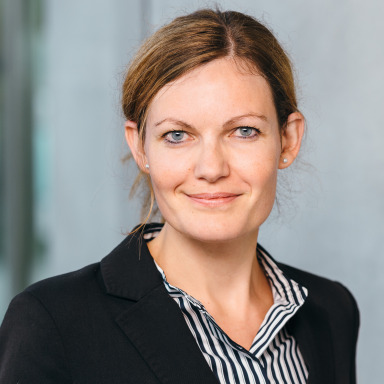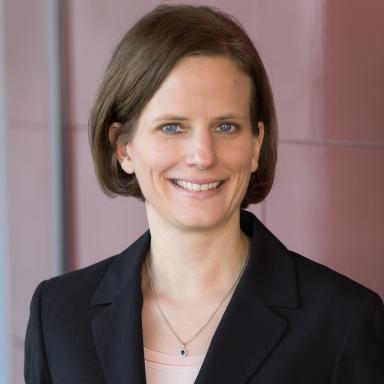Overline:
Global Sustainability Strategy Forum
Headline:
How Science Can Promote Sustainable Futures Across Different Cultures and Contexts
How can science help societies to abandon unsustainable practices and tackle systemic risks? Initiated by IASS Scientific Director Ortwin Renn and funded by the Volkswagen Foundation, the Global Sustainability Strategy Forum (GSSF) has developed a range of recommendations. In an article published in the journal “Global Sustainability” the GSSF core team outlines how science can use creative approaches to promote a just and sustainable future in different cultures and contexts.

According to the researchers, it is crucial that scientists and their institutions and funders adopt an approach that incorporates diverse sources of knowledge, extending to and including experiential knowledge. In keeping with this, scientific institutions that aim to support transformations towards sustainability should draw on interdisciplinary expertise as well as informal knowledge resulting from practical experience. Sustainability research, the authors suggest, should embrace a comprehensive and holistic perspective in its assessment of societal and environmental trends, patterns, and behaviour in order to generate actionable knowledge.
Solutions to contemporary challenges should be developed in co-creative processes that build upon a plurality of future visions and existing traditions, local contexts, and cultural narratives. People will only adopt sustainable practices if it makes sense in terms of their social and cultural identities, the researchers argue.
Narratives play a crucial role
As a fundamental communicative mechanism of humanity, narratives have great normative power, as they reflect cultural identity, reinforce familiar patterns of behaviour, and orient societies towards particular visions of the future. Narratives can be used to derive insights into context- and culture-specific perceptions, hopes or fears, and social dynamics that are essential components of a new model of scholarship for understanding and addressing complex social challenges.
Emphasis on mutual learning
Scientists working in the field of sustainability would be well advised to complement their disciplinary expertise by looking beyond the domains of science and scholarship and adopting an interactive approach to mutual, transdisciplinary learning that that includes stakeholders and actors from civil society more widely. They must not limit themselves to warning humanity that catastrophe is imminent, but should instead develop solutions to prevent or at least contain it as part of a broad societal process. They should accordingly actively seize on opportunities to participate as knowledge carriers together with other social actors in processes of joint policymaking.
From research to education
For science to guide and support the transformation of society towards a sustainable future, profound changes in education are needed, from early childhood education to elementary, secondary, tertiary and lifelong learning. Learning is less about imparting knowledge and more about developing skills and strategies for identifying problems and generating solutions. Greater emphasis must be placed on the ability to participate in shaping a sustainable future. Arousing and encouraging learners' curiosity, creating more opportunities for dialogue about ideas, and collaborating on projects are all models of processes that enable more constructive engagement in participatory dialogues.
The researchers urge scholars and practitioners in the field of sustainability to join in rethinking, finding creative approaches, and taking action within a new paradigm.
Chabay, I., Renn, O., van der Leeuw, S., Droy, S. (2021 online): Transforming Scholarship to Co-create Sustainable Futures. - Global Sustainability, 1-11.
https://doi.org/10.1017/sus.2021.18


